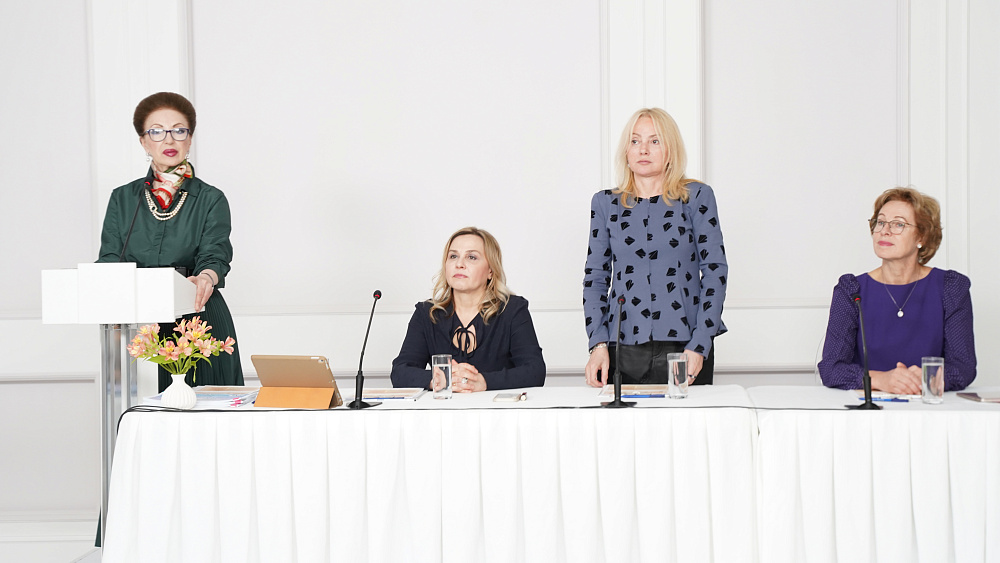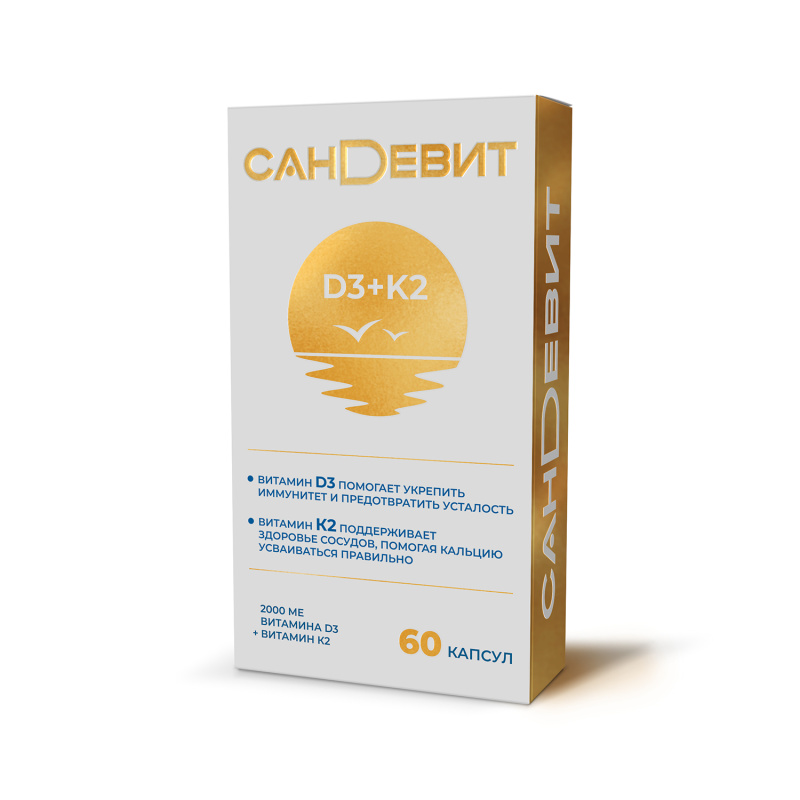
In the 21st Century Women of Reproductive Age Are More Likely to Suffer from Pelvic Inflammatory Diseases

Adhesions are the first cause of chronic pelvic pain in at least 25% of women and in almost 50% of patients with fertility disorders. The conference titled «Unsolved Problems of Peritoneal Adhesions in Gynecology. Practical Approaches and Therapy Personalization», chaired by Leyla Vladimirovna Adamyan, Academician of the Russian Academy of Sciences, Dr. habil. med., Professor, welcomed the leading gynecologists to discuss the causes, methods of treatment and prevention of female reproductive system diseases.
According to the professor, adhesions are pathological fibrous bonds that develop between tissues and organs as a result of gynecological diseases or surgical interventions in which the abdominal organs can be damaged. «Despite the progress in medicine, prevention of adhesions remains a major problem. Patients who undergo abdominal surgery are always at risk of developing adhesions,» Leyla Adamyan told.
According to the Russian Ministry of Health, the incidence of pelvic inflammatory diseases reaches 362 cases per 100 thousand people. Over the first 10 years of the 21st century, the incidence of pelvic inflammatory diseases increased by 1.5% in patients of early reproductive age. In 2014, 4.5% of women of reproductive age suffered from pelvic inflammatory diseases.
Moreover, endometriosis is considered the leading cause of adhesions. The factors contributing to this process are diverse: genetic predisposition, endocrine disorders, immunological factors, etc. In addition, sexually transmitted diseases may also play a role. Svetlana Olegovna Dubrovina, Dr. habil. med., Professor, Chief Researcher, Rostov Research Institute of Obstetrics and Pediatrics, noted that inflammation associated with sexually transmitted infections contributes to the progression of endometriotic foci.
In her presentation, the professor explained which drugs alleviate the adhesion process: «In one study, researchers have proven that hyaluronic acid can separate damaged peritoneum surfaces when adhesions just begin to form.»
The speakers noted that the prolonged-action bovhyaluronidase azoximer (Longidaza®) molecule affects the inflammatory process, reducing the risk of developing abdominal adhesions and alleviating the pain[1][2] . In addition, this drug prevents the disease recurrence. The drug is prescribed in conjunction with antibiotic therapy and enhances its effect. Longidaza® has antioxidant, chelating, anti-inflammatory and immunomodulatory properties, thus contributing to accelerated patient recovery.
«A study conducted at the Institute of Obstetrics and Gynecology in women with pelvic inflammatory diseases has shown that when using bovhyaluronidase azoximer, the pain syndrome disappears faster and pregnancy occurs more often. In similar studies of Longidaza® in patients with tubal-peritoneal infertility, a fourfold decrease in the severity of the adhesion process and a more rapid onset of pregnancy were observed. Bovhyaluronidase can be used in patients with chronic recurrent vulvovaginal candidiasis,» concluded Antonina Vitalievna Ledina, Dr. habil. med., Associate Professor of the Department of Obstetrics, Gynecology and Reproductive Medicine, Faculty of Continuing Medical Education, Medical Institute of RUDN.
1Efficacy of Comprehensive Therapy for Pelvic Pain Associated with Adenomyosis / M.R. Orazov, V.E. Radzinsky, M.B. Khamoshina [et al.]. In: Difficult Patient. – 2020. – Vol. 18. – No. 4. – Pp. 34–40. – DOI 10.24411/2074-1995-2020-10028.
2 Sukhanov, A.A., Karakhalis, L.Yu., Kukarskaya, I.I., Baranov, I.I. Multicomponent Therapy for Patients with Pelvic Inflammatory Diseases. In: Obstetrics and Gynecology. No. 12 / 2018: 125–130 doi:https://dx.doi.org/10.18565/aig.2018.12.125-130/
SunDevit®, a new product with a special complex of vitamins D3 and K2, enters the Russian market


